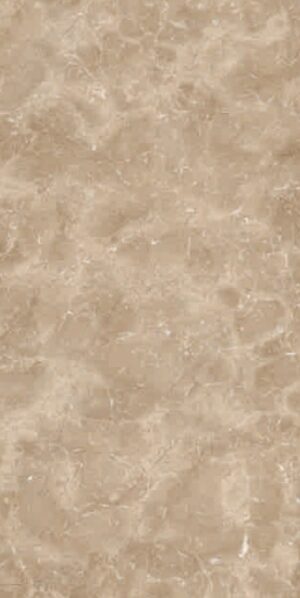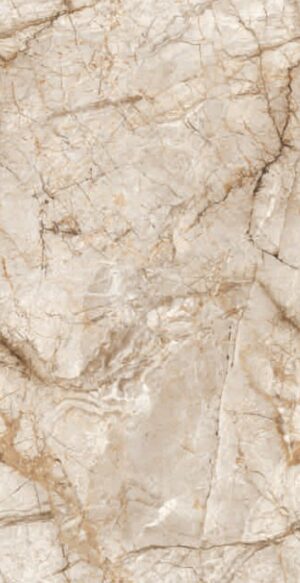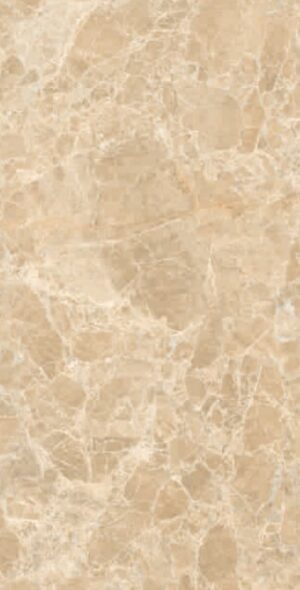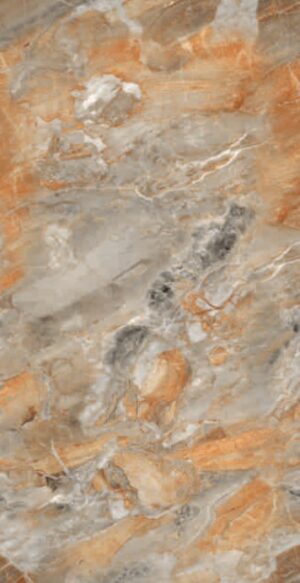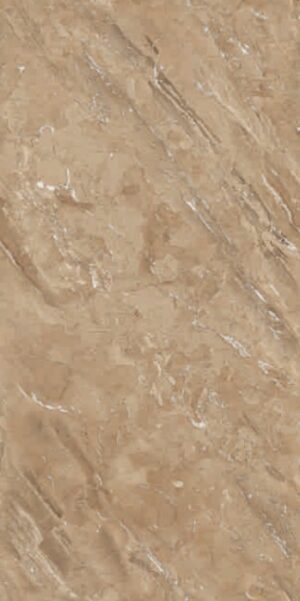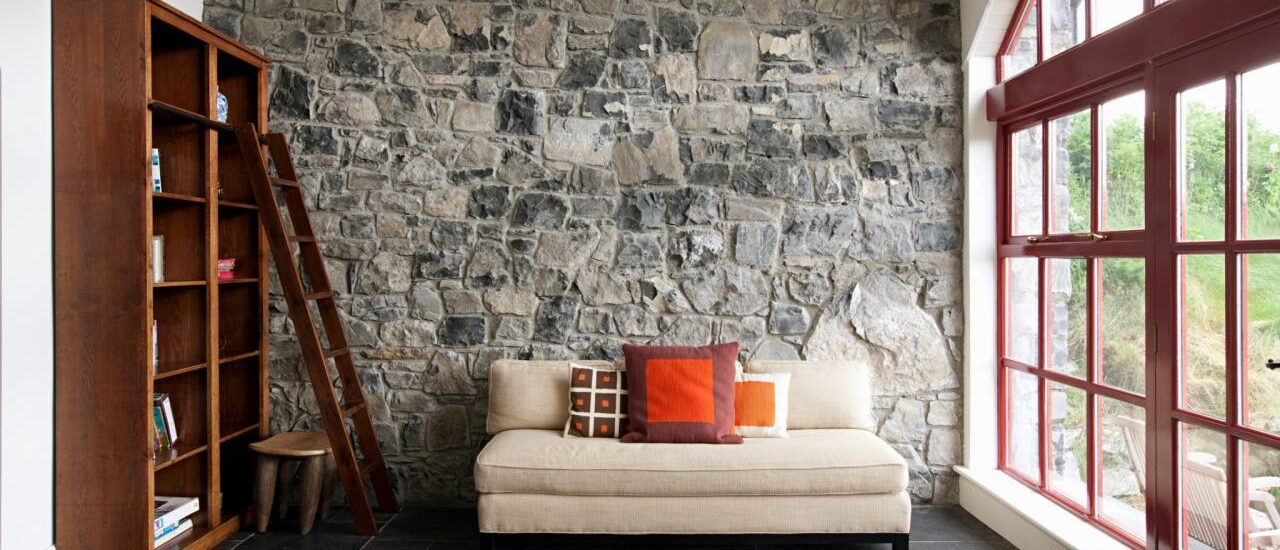Seeking a flooring material that offers a luxurious and high-quality appearance? Consider natural stone as your top choice. Renowned for its timeless beauty, strength, and lasting worth, natural stone flooring is a perfect choice for kitchens, bathrooms, foyers, hallways, living rooms, and outdoor patios.
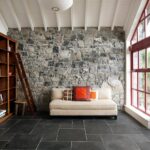
Explore the World of Natural Stone Flooring with this Comprehensive Guide: Covering its Definition, Different Types, Advantages and Disadvantages, Price Points, Cleaning Methods, Design Inspiration, and Key Considerations when Making Your Selection.
What is Natural Stone Cladding?
Discover the enduring beauty of natural stone cladding – a material crafted from stone blocks formed by the Earth over millions of years, as opposed to artificial tiles created from a mixture of substances and chemicals such as porcelain or ceramic.
What is Natural Stone Flooring?
With a Rich Heritage spanning Thousands of Years, Common Forms of Natural Stone Flooring include Marble, Travertine, Limestone, Granite, Quartzite, Slate, and sandstone. Benefit from the Timeless Elegance of Natural Stone Flooring – a Material that Enhances Home Value and Never Goes Out of Style. Utilize its Seamless Integration to Create a Sense of Space by Continuously using it in both Interior and Exterior Areas. Embrace its Natural Properties that Captivate and Reflect Light, Resulting in a Bright and Airy Ambiance.
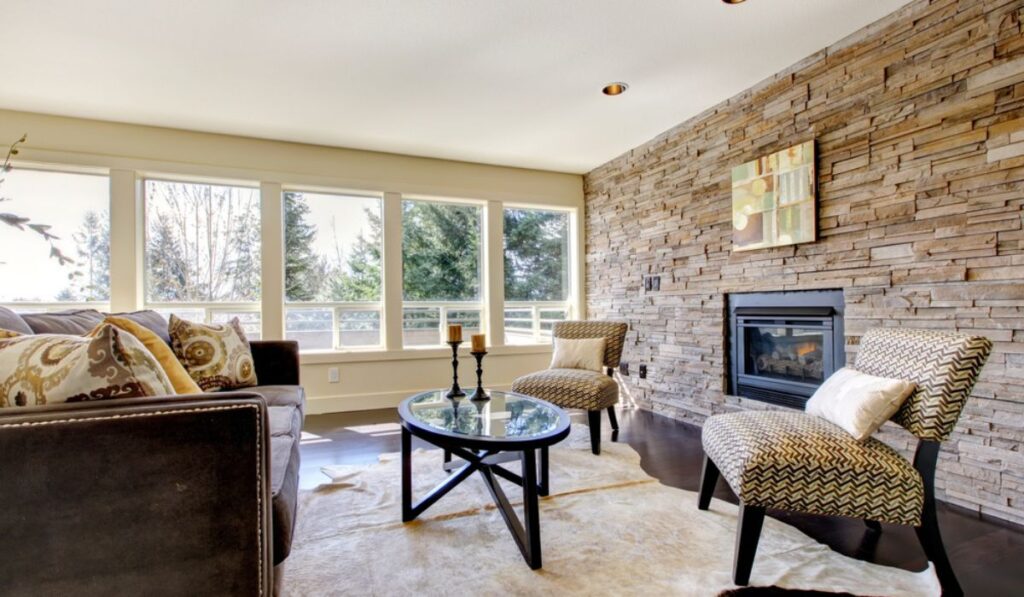
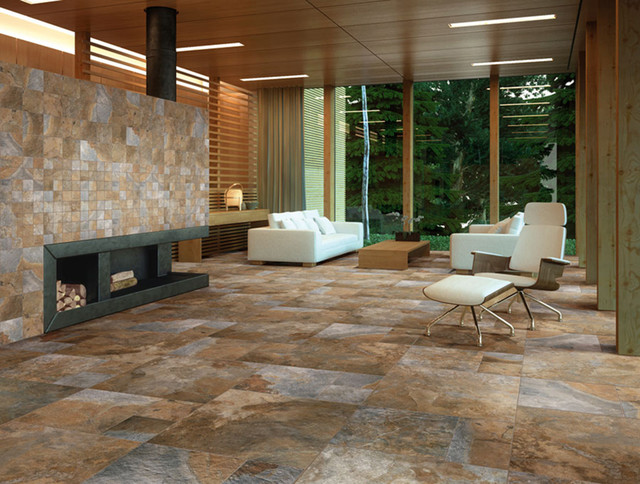
Different types of natural stone flooring
Elevate Your Home Design with Natural Stone Flooring – Ideal for Homeowners Seeking a Stylish and Durable Upgrade. Enjoy its Aesthetic Appeal that Adds Value to Your Home and is Suitable for Various Living Spaces including Living Rooms, Bedrooms, Entryways, Kitchens, and Outdoor Areas. Achieve Unmatched Elegance and Luxury with Natural Stone Flooring. A Material Derived from Various Mineral Substances Found in Mountains. Known for its Hardness and Coolness, Natural Stone is Ideal for Homes in Warmer Climates such as India.
This Guide Covers the Different Types of Natural Stone Flooring, along with their Benefits and Drawbacks.
Different Types of Natural Stone Flooring
Marble Flooring
Natural stone flooring, particularly marble, is often used in bathrooms to achieve a luxurious spa-like appearance. A Timeless Classic and Recognizable Material known for its Luxurious Look, Dramatic Veining, Smooth Texture, and High-Gloss Finish, Marble is a Premium Architectural Element. Comes in Various Colors with White Marble being the Most Popular.
Marble Flooring Remains Popular and Installed in Various Areas of the Home

Pros of Marble Flooring:
- With hundreds of varieties globally, each marble type has its unique color, pattern, and beauty.
- The surface of polished marble is shiny and smooth, appearing translucent through light reflection.
- Furthermore, polishing enhances the marble’s color. Additionally, it is long-lasting and sturdy enough to resist scratches.
Cons of Marble Flooring:
- Installing marble can be challenging due to its brittle nature or the need for a specialized epoxy mortar. As a result, many individuals opt for professional installation.
- Bathroom Products May Also Damage Marble, but Damage is Less Common. Marble Flooring May Etch, but the Risk is Lower and Rarely a Problem in Living Areas.
- Etching and Surface Scratches Can Be Repaired with DIY Products, but Frequent Maintenance May Be Required in the Kitchen.
- However, caution must be exercised as it is susceptible to damage caused by acidic substances, such as citrus fruits or coffee, and may leave permanent stains if spills are not promptly cleaned.
Limestone Flooring
Limestone, a sedimentary rock composed primarily of calcium carbonate, is a popular choice for both classic and modern home designs.
With a range of colors including beige and grey, it provides a natural, earthy aesthetic to your home.

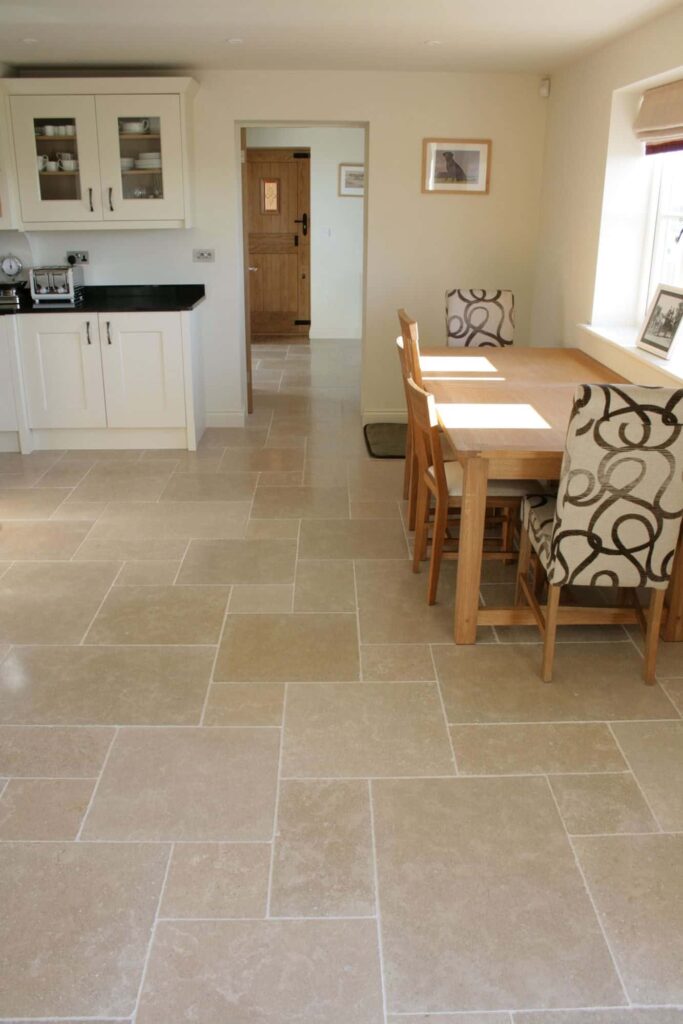
Pros of Limestone Flooring:
- Limestone flooring is a cost-effective option among natural stones.
- It gives off a warm and natural ambiance, making it suitable for use in kitchens, bathrooms, or any area that you desire to brighten up.
- Despite being referred to as soft, its mineral composition ensures it has a long lifespan.
Cons of Limestone Flooring:
- Caring for limestone can prove challenging as it is prone to scratches, even from simple acts like vacuuming.
- Additionally, larger limestone tiles can be cumbersome to handle, transport, and install, and they may break or crack easily due to mishandling during these processes.
Granite Flooring
Many people choose granite for patio and driveway paving because it offers natural beauty that skilled craftsmanship can enhance, resulting in a unique and stunning design.
People often use sandstone for decorative purposes in homes because it is a strong and durable natural stone primarily composed of quartz.
Thanks to its diverse range of colors, granite can adapt to both modern and classic design styles, offering a luxurious appearance.
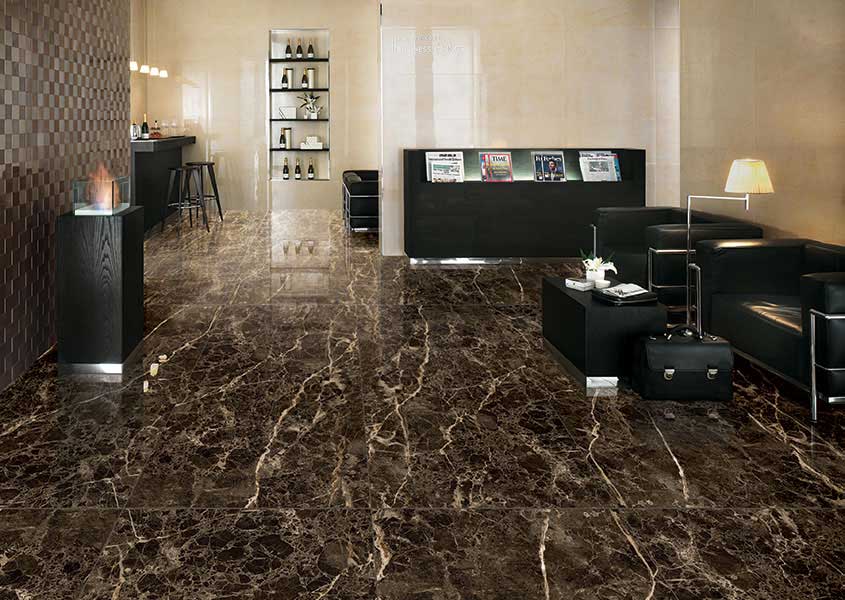
Pros of Granite Flooring:
- For many years, homeowners have favored granite from Ace Marketing due to its exceptional performance, low maintenance requirements, and long-lasting durability.
- Using granite flooring in any room brings a sense of luxury and sophistication, making granite bathrooms and kitchens highly desirable in contemporary homes.
- It can handle both dry and wet environments as it is impermeable to liquids.
- With its hardness, granite is renowned for its durability, making it a long-lasting and reliable choice for flooring. Choosing to install granite flooring in your home can be viewed as a lifetime investment.
- Homeowners often choose granite for their flooring due to the unique and one-of-a-kind pattern in each slab or tile, which adds character to their space and makes it a popular choice.
Cons of Granite Flooring:
- Granite surpasses marble in terms of cost and is regarded as one of the most expensive natural stones for flooring.
- Cheaper grades of granite available are actually composite materials made of granite and resin, which do not offer the same quality as the real stone.
- The weight of granite tiles can be significant, so it’s important to ensure that your floor can support it.
- Keeping granite flooring in good condition can also come at a cost, as it requires regular sealing to maintain its shine and appearance, and may need to be resealed periodically.
Slate Flooring
Slate tiles are a popular choice for flooring and are known for their fine grain and distinct cleft texture.
The key benefit of using slate is its appealing look and long-lasting durability.
Slate tiles are available in a range of colors, including green, red, purple, black, and brown, and various combinations of these shades.
The color of the slate is determined by the presence and amount of iron and organic materials within it.
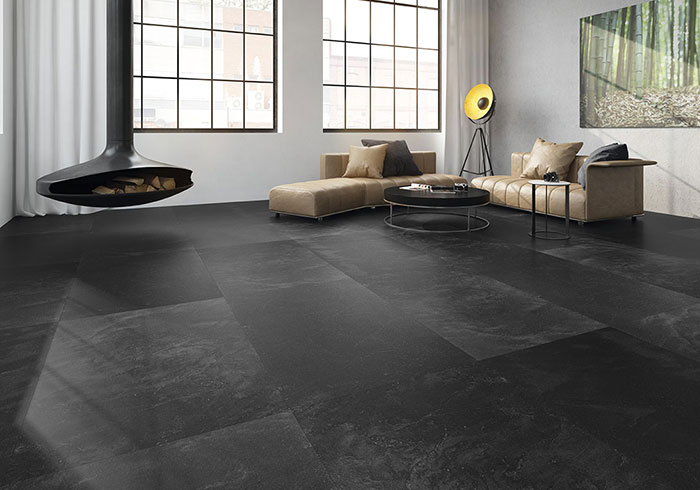
Pros of Slate Flooring
- While not as inexpensive as ceramic tiles, slate is still a budget-friendly natural stones flooring option.
- Thanks to its durability and moisture resistance, it can be utilized both inside and outside of the home.
- Keeping it clean is simple and straightforward, requiring only regular sweeping.
- Its water-resistant properties make it ideal for high moisture rooms such as bathrooms and kitchens where liquid contacts are common.
Cons of Slate Flooring
- The high durability of slate comes with the disadvantage of being very heavy, making installation challenging and increasing the risk of damage from breaking.
- Prolonged standing on the hard surface can also be uncomfortable, especially for individuals with joint or foot issues.
- Dropping heavy objects on a slate floor can result in cracks or breakage.
Travertine Flooring
Globally, construction has been utilizing a type of limestone for over 400 years, and it has recently gained recognition as a favored flooring option.
Travertine is a popular flooring choice due to its distinctive look, created by hot spring water seeping.
People use travertine both indoors and outdoors for various applications such as walkways, paving, and in living and communal spaces.

Pros of Travertine Flooring:
- Travertine, a naturally occurring stone, boasts distinct variations making each tile one of a kind with its own speckles, swirls and natural markings, adding character to any space.
- Tumbled travertine is a sought-after option for pool decking due to its sandy hue that blends with the surrounding garden and pools cape.
- Its slip-resistant properties and ability to remain cooler than other materials on hot days make it a practical choice.
Cons of Travertine Flooring:
- Travertine is a highly porous natural stone, with noticeable small holes, which may not be ideal for those who desire a uniform surface.
- Additionally, it is prone to staining from acidic substances like orange or lemon juice, making careful selection of cleaning agents crucial.
- Avoid using acidic cleaners like vinegar or lemon as well as salt as these can result in permanent staining.
Quartzite Flooring
Once mainly used for decorative tiles and wall coverings, has recently gained popularity as a sought Ace Marketing material.
Quartzite is a solid choice for both indoor and outdoor floors.
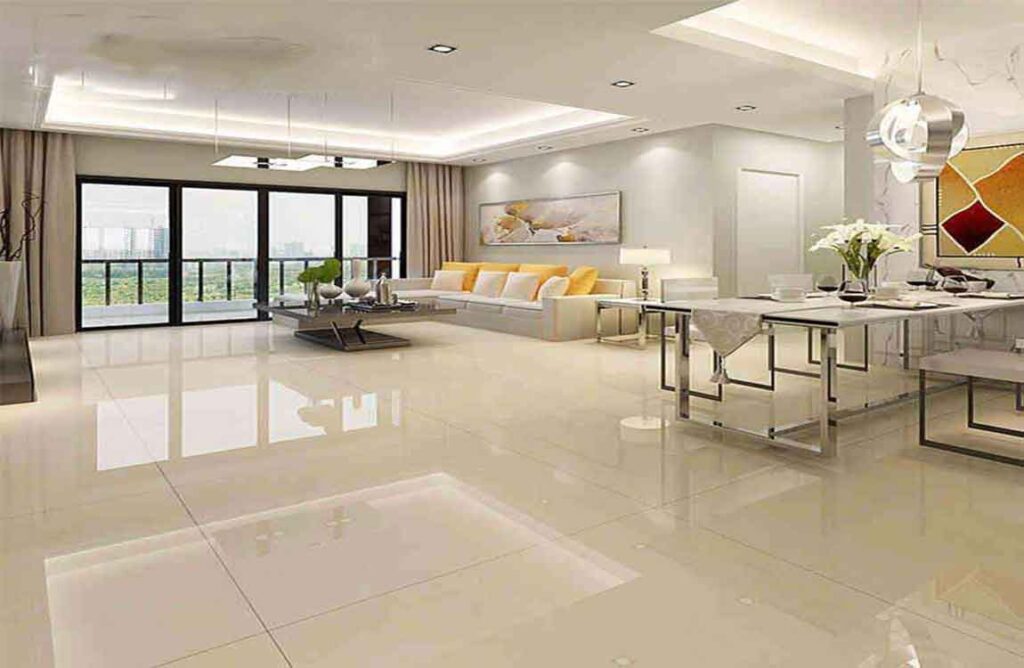
Pros of Quartzite Flooring:
- Quartzite possesses the appearance resembling marble while exhibiting the durability, strength, and ease of maintenance typically associated with granite.
- Intense heat and pressure transform sandstone into a harder material.
- They offer versatility as a material for indoor flooring in all areas of a home, including the kitchen.
- Furthermore, people commonly use sandstone for bathroom vanities and as a surround for fireplaces.
Cons of Quartzite Flooring:
- Quartzite is as hard or even harder than granite.
- Individuals who find the complex patterns of granite and the upkeep required for marble overwhelming often turn to quartzite as a solution.
Sandstone Flooring
A natural stone with a warm and earthy feel, featuring a sandy, ridged texture in shades of red, tan, and brown.
Sandstone is a visually appealing sedimentary rock that adds a unique touch to both indoor and outdoor environments.
Its name originates from its appearance, which resembles sand found on beaches or deserts.
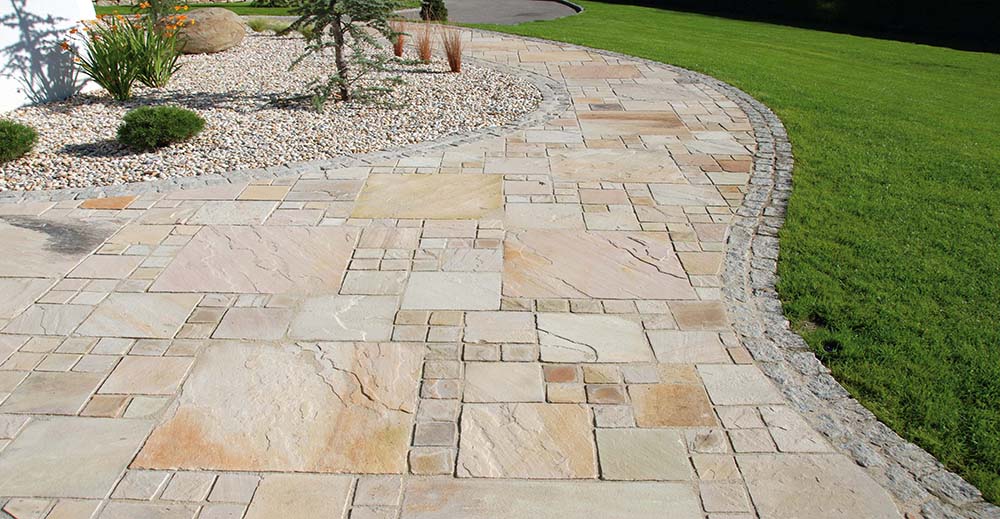
Pros of Sandstone Flooring:
- The textured quality of sandstone is one of its most notable features, originating from its natural, rugged appearance in the mountains.
- Sandstone tiles for flooring undergo the process of “gauging” to level out their texture.
- In addition, sandstone facilitates easier replacement of damaged tiles with new matching ones compared to other natural stones.
- The natural composition of sandstone, including its diverse range of colors and rock-and-earth feel, sets it apart from imitations and gives it an incomparable quality.
Cons of Sandstone Flooring:
- While sandstone may not be as long-lasting as granite, it still has a sufficient level of durability for extended use.
- Sandstone’s high water absorption rate makes it unsuitable for high-moisture areas like kitchens and bathrooms.
- Outdoors, it’s best to have covered spaces to reduce the impact of rain on the flooring.
- Over time, weathering and aging will cause sandstone to lose its aesthetic appeal, unlike granite and marble.
- Its softness also makes it more vulnerable to scratches, dents, and cracks compared to other natural stones.
Final Words:
Using Natural stone flooring can greatly enhance the beauty of your home. However, selecting the right design for your tiles can be a challenge.
It is important to consider the various characteristics of each type of stone, such as color, texture, chemical composition, durability, benefits and drawbacks.
With the information provided in this article, choosing the ideal stone tiles for your home’s floors and walls is easier.
If you want to transform the appearance of your home with natural stone flooring, Ace Marketing are here to help. Reach out to us for much more ideas and inspiration.



